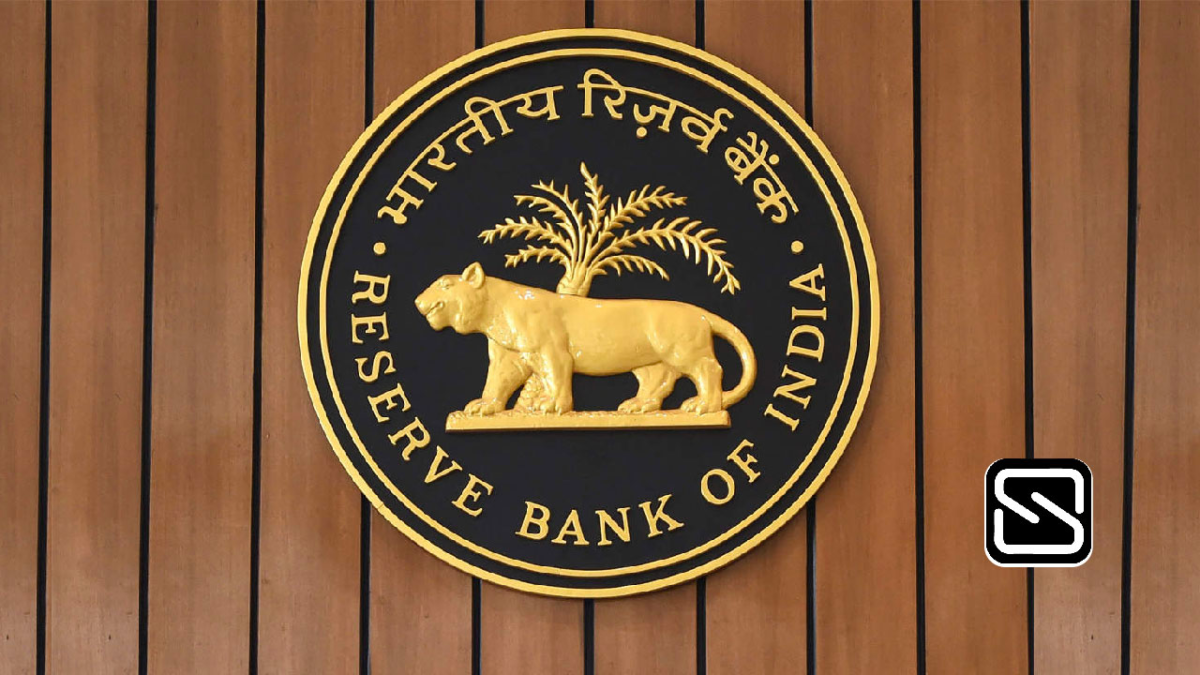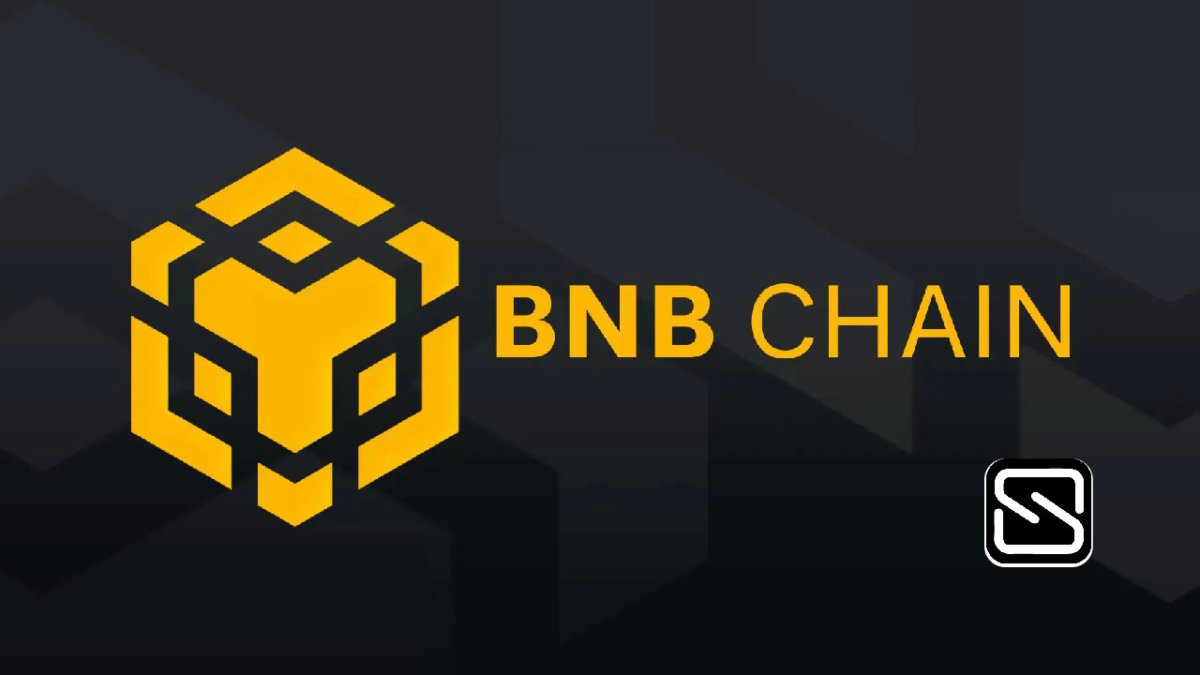Meta recently unveiled an exclusive XR exhibition featuring the six finalists and winners from the ‘Future Africa: Telling Stories, Building Worlds’ program, focused on supporting the next generation of Extended Reality (XR) creators in Africa.
Developed in partnership with Africa No Filter, Electric South, and Imisi 3D, this forms a part of Meta’s XR Programs and Research investment into XR talents across Africa.
The finalists have created a variety of immersive digital experiences rooted in African culture across various media formats, including 360 video, AR/VR, and Mixed Reality, with a focus on owning and shifting the African narrative while telling compelling African stories that are contemporary and immersive.
The experiences showcased include the following creators:
1. Malik Afegbua, from Nigeria. Malik presented ‘Moving Between’ a 360 documentary that shows a virtual heritage experience of the Kofar-Mata dye pit, a cultural and historical site in Kano, Nigeria, by showcasing it in a three-dimensional virtual reality model.
In a 5-minutes immersive experience, a deaf dancer takes the audience on tour through the historic Kofar-Mata dye pits, using sign language instructions and dance.
2. Xabiso Vili, from South Africa. Xabiso is a writer, performer, and new media artist. His 360° visual album, “Black Boi meet Boogeyman,” features many endings and a “choose your adventure” style.
A work of science fiction in which the main character, Black Boi, is on a hero’s journey through South Africa in need of a reminder of its light in order to face the Boogeyman This 360-degree video album aims to serve as a starting point for communities and artists to consider how they could purposefully and artistically use virtual reality (XR) for group healing.
3. Dylan Valley, from South Africa. Dylan’s Cissie Gool House is a 360 documentary about a precarious housing occupation in a new Cape Town hospital. This 360 documentary will immerse the viewer in the occupation as if they were partaking in reclaiming the building.
The film showcases the voices of the activists and occupiers who call Cissie Gool House home and speak to those who would rather have them gone. The medium of VR will allow for greater empathy for these characters (often demonized in the press).
It will impart a deeper understanding of what it means to occupy, especially when it is the only viable option you have.
4. Nirma Madhoo, from Mauritius. A fashion filmmaker, XR creator, and Ph.D. candidate. Nirma’s ‘XWE,’ 360 fashion film using volumetric capture and photogrammetry is a tribute to the original stargazers of Southern Africa. It will celebrate the constellations of dispersed diasporic African identities through a Noirwave fashion performance set in a VR landscape of astrophysics.
5. Cameroonian Pierre-Christophe Gam. Pierre is a multidisciplinary artist who worked on the hybrid (live and online) art installation “TOGUNA,” which combines AR/VR, cinema, photography, mixed-media sculpture, future-thinking, and storytelling to provide a space for fresh dialogue on the continent of Africa.
This offers an AR-based WebVR experience.
6. Michelle Angawa, Kenya: A film editor and XR creator, Michelle’s ‘1000 Shillings in Nairobi,’ a 360 fiction film is a short tragicomedy depicting a day in a Nairobian Boda rider’s life.
He drifts through a series of absurd encounters in an attempt to pay a motorbike loan of KSH 1000 ($10).
Sherry Dzinoreva, Meta’s Public Policy Programs Director, Africa, Middle East, and Turkey, said:
“As the next phase of this program, we’re delighted to be unveiling this specially curated exhibition featuring the work of six talented creators from across the continent, all of whom have created beautiful, thought-provoking African stories and experiences using immersive technology. We know that Africa holds immense talent, which we see reflected in the experiences curated, and as we set our sights on the metaverse, we believe creators, especially those on the continent, will play a key role in unlocking its potential.”
Commenting on the ‘Future Africa: Telling Stories, Building Worlds’ program, Moky Makura, Executive Director, Africa No Filter added”
“We know the power stories have when it comes to influencing and shaping perceptions about Africa. That power is amplified when those stories are immersive and that is what today’s technologies offer storytellers. It’s exciting to be part of an initiative that has allowed us to tap into the future of storytelling in Africa.”









